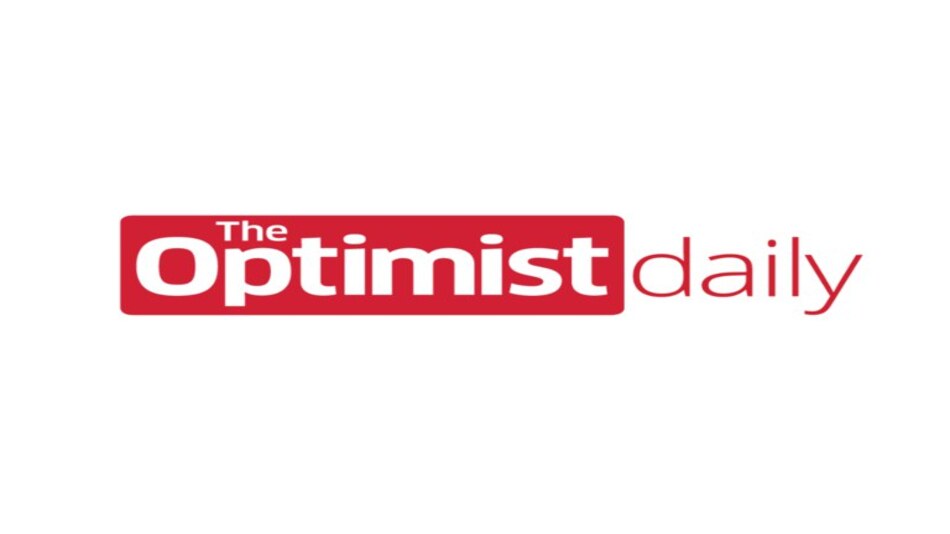During the second round of the 2020 presidential debates in Detroit, candidates looked to gain voters by addressing auto workers and speaking—although sparingly—about keeping drinking water safe in the aftermath of the Flint water crisis. However, none of the candidates proposed a specific plan to correct the city’s prevailing ills, including poverty, crime, lack of affordable housing and jobs, and pollution—in the air and water.
All of the aforementioned issues are exactly what the Green New Deal is attempting to address, which is why Frontline Detroit, a coalition made up of organizations, advocating for a greener, sustainable economy, has adopted the Green New Deal. Frontline Detroit believes the city is the perfect place—the engine—for implementing the Green New Deal, and it’s putting pressure on both the City Council and state officials to start making it a part of the city’s official policy.
The coalition has already been successful in motivating the City Council to pass a resolution in support of the Green New Deal, and the council is moving forward by passing a greenhouse gas emissions ordinance that would reduce emissions from municipal buildings. On top of that, they’re also pushing the business sector to adopt sustainable practices.
Frontline Detroit, however, is not stopping there. Marginalized communities and low-income families have long borne the brunt of environmental pollution, as the areas where they live are often within the city’s industrial centers. Now the aim is to ensure that these communities gain the protection they deserve from such pollution.











